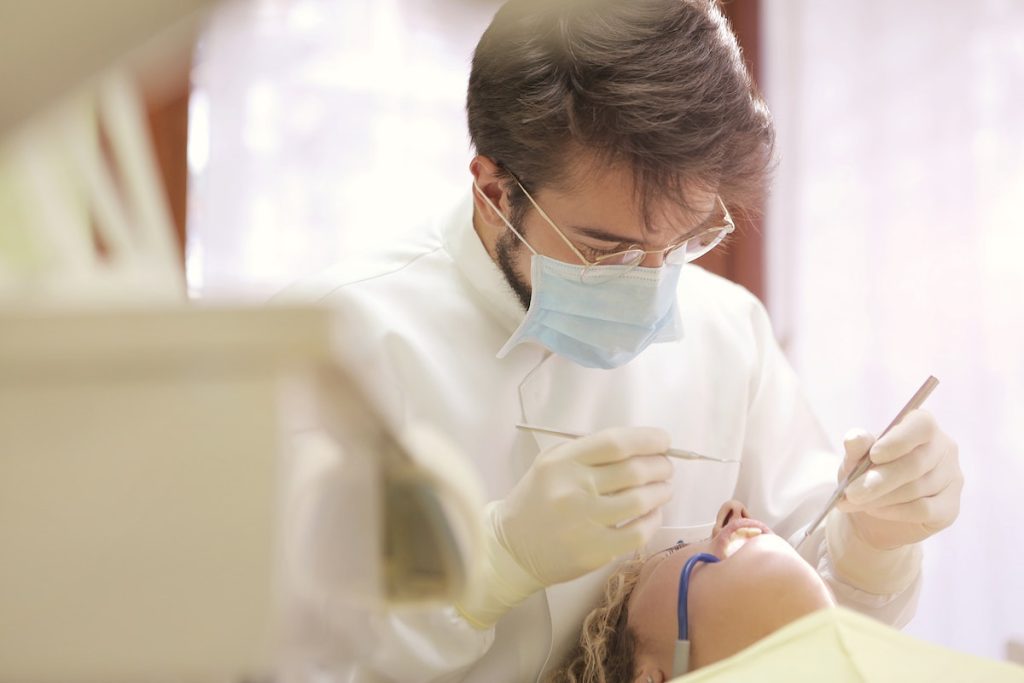Most people want to have an attractive smile with healthy teeth and gums, but what are the best ways to achieve that? This guide explores what to do and what not to do for good oral health, including check-ups with the dentist in Tunbridge Wells, keeping clean at home and ditching or minimising bad habits.
Get checked out
Making regular appointments with the dentist means that the earliest stages of cavities, gum disease and even oral cancer can be identified. Check-ups can reveal these issues long before the patient is aware of any problem with the health of their teeth and gums. This means that they are usually easily treated, saving the patient time, money and discomfort. In addition, they are able to maintain a great smile without too much effort.
It is advisable to make seeing the dental hygienist a part of the check-up appointment. They can remove any festering plaque that could potentially cause inflammation or pain and leave the teeth feeling thoroughly clean. A professional clean can also help to get rid of stains and make the teeth look whiter, both of which contribute to a better smile.

Clean at home
Many people clean their teeth just once a day, and many others fail to brush for more than a few seconds. If this cycle is repeated over time, they are more likely to suffer from cavities, plaque build-up and teeth that are yellowing and unattractive.
It is important to brush twice daily, once in the morning and once before bed. A fluoride toothpaste helps to strengthen the teeth and keep them in better condition for longer. Brushing should last two minutes and can be timed to ensure accuracy. Flossing before bed is ideal, as it helps to remove the bits of food and other debris that have not been reached with brushing. If these bits are left to fester overnight, then they can cause damage to the teeth and gums.
Don’t smoke
Smoking is disastrous for oral health. At the very least, it can cause the teeth to become stained and the breath to smell bad. In addition, smoking can result in gum disease which can affect the rest of the body, increasing the risks of heart disease and arthritis, for example.
The habit can also cause people to lose teeth, which can be devastating for self-confidence and have far reaching effects on all areas of life. Most seriously, smoking is linked to oral cancer.
There is now more help available for quitting smoking than ever before. There is a wide choice of nicotine replacement products, and there is also behavioural support in the form of stop smoking services and books on how to change the mindset about smoking.
Don’t consume sugar and fizzy drinks every day
Sweets, chocolate and sugary treats all contribute to weaker teeth that need more dental treatment. Diet fizzy drinks might not contain sugar, but the acid contained in them can erode the enamel of the teeth and make them vulnerable to damage and staining.
